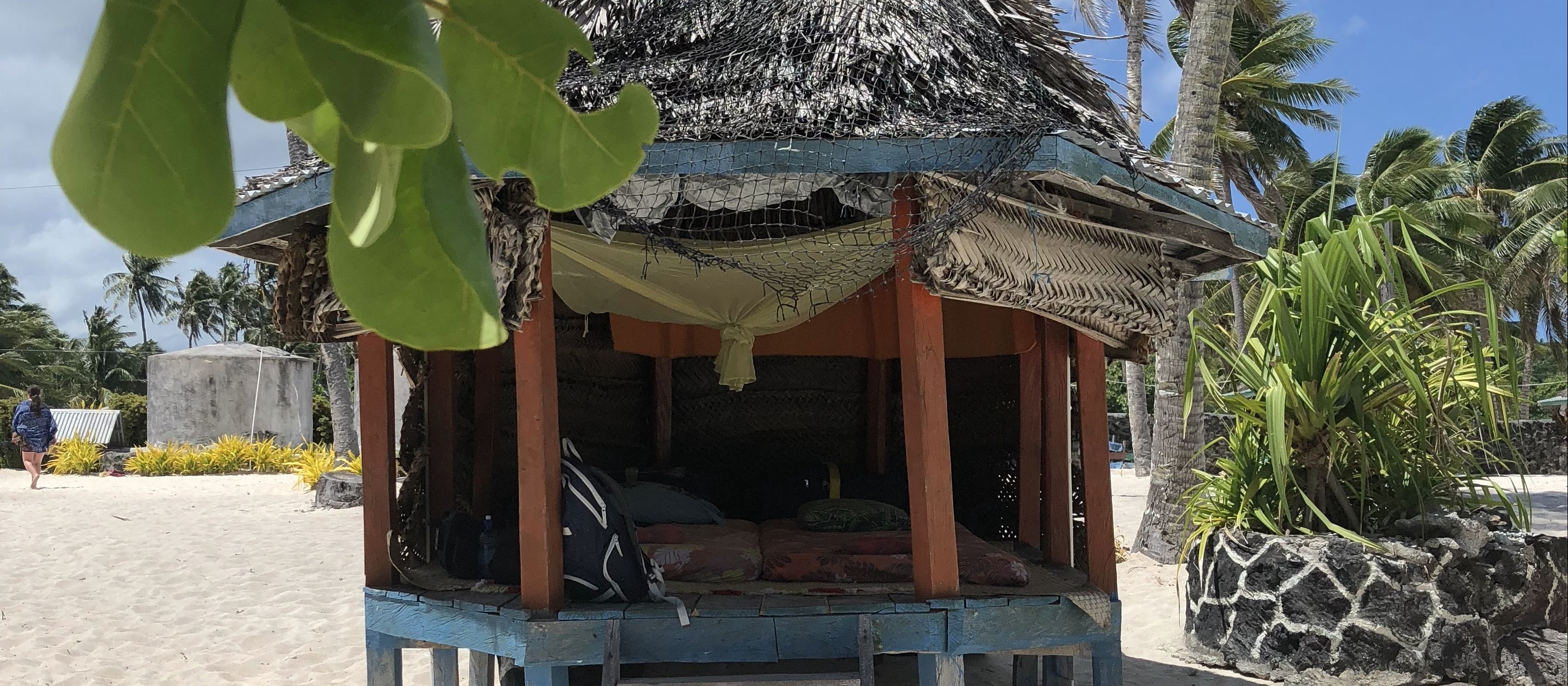Academic pharmacist Nataly Martini provides key information on Helicobacter pylori pathophysiology, diagnosis and evidence-based treatment strategies to enhance patient outcomes
What we know: Dengue fever in Samoa
What we know: Dengue fever in Samoa

Samoa has declared a dengue outbreak with over 200 confirmed cases since November, with the majority on the main island of Upolu, including the capital Apia, with cases also recorded on Savai’i.
The Science Media Centre has supplied comment from a number of experts on the current situation. The following is from Immunisation Advisory Centre medical advisor Joan Ingram
Cases of dengue have increased more than six-fold since 2000
- Samoa has declared a dengue outbreak with over 200 confirmed cases, and health officials estimating many more have already been infected
- Dengue is spread by common day biting mosquitoes (various Aedes species) which thrive where humans live.
- Cases of dengue have increased more than six-fold since 2000. It is expected that cases will continue to increase with climate change and urbanisation.
- Between 2012 and 2021 there were 69 outbreaks of dengue fever among the Pacific Islands. (Zika and chikungunya are other mosquito-spread viruses present in the Pacific).
- There are four different dengue viruses, and infection with one gives long-term protection from that virus but may make the illness following one of the other three dengue viruses more serious.
- Outbreaks with many cases occur when one of the viruses arrives in a region after being absent for years, meaning a large part of the population are susceptible to it and may become sick at the same time.
- After an infected mosquito bite there is an incubation period of 5 to 7 days (maximum 10).
- Dengue infection may be unnoticed, or a mild illness or significant illness with fever, pain behind the eyes, bone, joint and muscle pain, and sometimes rash, vomiting and diarrhoea.
- These symptoms usually last 7 to 10 days. In up to 5 per cent of infections (most often after a second infection), serious complications such as bleeding or shock can arise. A blood test is required to diagnose dengue.
- There is no antiviral treatment for dengue, but hospital care may be required for those with complications to provide support.
Two dengue vaccines (Dengvaxia and Qdenga) are available overseas but not in New Zealand. They are mainly for use in risk areas for children who have already had one episode of dengue, although Qdenga has been approved by the European Medicines Agency.
You can read the full expert reaction from the Science Media Centre HERE




